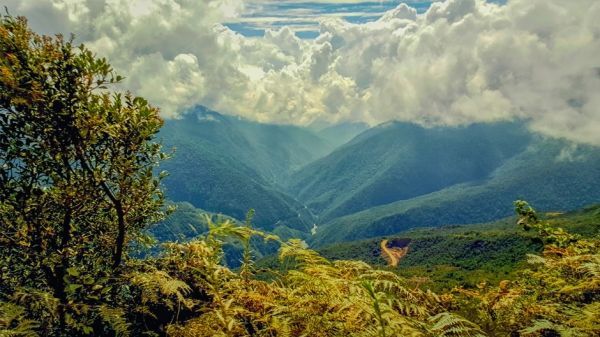In the most comprehensive study of its kind, an international team of scientists led by University of Miami biologists has found that tropical and subtropical forests across South America’s Andes Mountains are responding to warming temperatures by migrating to higher, cooler elevations, but probably not quickly enough to avoid the loss of their biodiversity, functional collapse, or even extinction.
Published November 14 in the journal Nature, the study confirmed for the first time that, like many other plant and animal species around the world, trees from across the Andean and Amazon forests of Colombia, Ecuador, Peru, and northern Argentina have been moving upward. But unlike species from the world’s temperate or boreal forests, which are far more accustomed to dramatic seasonal shifts in temperature, tropical trees are running into environmental roadblocks at higher, cooler elevations that are thwarting their migration and threatening their survival.
“In the Andes, the ecosystems can change very fast and very dramatically, for example, from sunny and dry premontane forests to sopping-wet cloud forests. These changes, called ecotones, appear to be blocking species migrations,” said lead author Belén Fadrique, a Ph.D. candidate who designed and carried out the study with her advisor, Kenneth J. Feeley, UM’s Smathers Chair of Tropical Tree Biology. “These ecotone barriers make it hard for plants to relocate their populations—and if they can’t relocate, they will go extinct.”
Continue reading at University of Miami
Image via University of Miami


